My dream Kiev home is now a war zone. But I'm not quitting
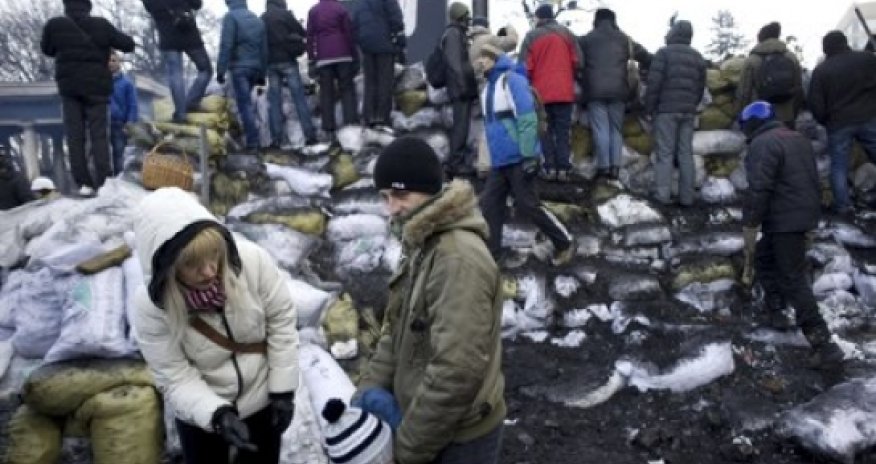
Ukraine is just a bit too interesting right now. You never know what tomorrow could bring and, to be honest, I am no longer even able to predict what the end of the day will bring. There is a war going on. Sometimes battles take place at night on the little crossroads of Independence Square, where the demonstrators and riot police face each other in combat; but a constant battle goes on in the minds and hearts of a people weary of corruption and the unprofessional actions of the government and president.Bands no longer perform on the EuroMaidan stage and the range of people making speeches has narrowed to a handful of almost professional revolutionaries. The big screen on the square shows news from the few objective TV channels. Occasionally a foreign guest makes a speech. Over the weekend a Pole appeared on stage, a veteran of Solidarity. He spoke in Polish and the crowd of over a thousand people, standing in -10c, listened avidly.I was standing next to a tent with a cardboard sign giving the name of a small town in western Ukraine. Smoke was rising from the chimney pipe which protruded through a hole in the canvas. The flap opened and a grey haired man of about 60 came out. He was unshaven and wore green padded trousers and jacket. He listened to the Polish guest's speech and then, with a sigh, withdrew into the tent.I found myself wondering how many speeches he had heard already. For two months the Euromaidan has had a permanent population. There are people who arrived here immediately after the government's cruel response to the initial student protests against President Yanukovych's refusal to sign the agreement with the EU. From today's perspective, that 3am attack by special forces on some romantically enthusiastic students seems like an act of folly on the part of the Ukrainian government. What is happening now looks much more like a crime.On Saturday evening I calmly walked with hundreds of people the 200 metres from Independence Square to European Square, from which Grushevskovo Street leads up towards parliament and government buildings. Military cars block the entrances to every building around the government's side of the square. These buildings are still occupied, and one can only hope that none of the inhabitants has been hurt while passing from demonstrators to the police on their way home.But I don't have any information about that, or about how many demonstrators have been killed and wounded. I have a feeling nobody knows. What is going on here does not lend itself to analysis. On the side of the police there are unidentified people in plain clothes who fire at the demonstrators with live bullets; and snipers fire from rooftops at journalists as well as demonstrators, aiming for the eyes. These snipers have already ruined the sight of some 20 demonstrators and five journalists.The next morning brought news of talks between Yanukovych and the leaders of the opposition. The president offered Arseniy Yatsenyuk the post of prime minister, and Vitali Klitschko that of deputy prime minister responsible for humanitarian affairs. Oleh Tyahnybok, the head of the radical nationalist party Svoboda, was not offered anything. Even on the 68th day of protests the government is still trying to drive a wedge between the three opposition leaders. Although Yatsenyuk and Klitschko have not rejected the offers, it is unlikely they will accept them because that would mean serving Yanukovych, against whom they are fighting.In fact, whether Yanukovych can find a compromise with the leaders of the opposition is not the issue – because 90% of ordinary protesters do not consider that the opposition leaders represent their interests. It follows that the leaders of the opposition are in no position to bring the protests to an end. The only thing that will calm the country is the calling of presidential elections, but Yanukovych is in no hurry to take this step; after all, he has the police, the courts and the army on his side.Neither, however, is he in a hurry to introduce martial law, although yesterday morning Yanukovych threatened again to do so when protesters occupied the ministry of justice. They have since left voluntarily, but a tense hush hangs over the city centre. Today parliament will meet for an emergency session. Its outcome will determine the immediate future of the country.(theguardian.com)ANN.Az
Latest news 
More news 
























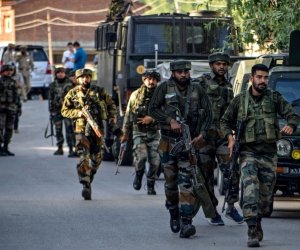
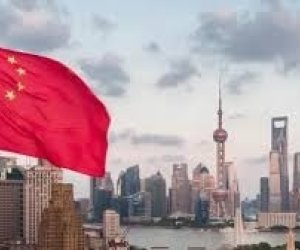
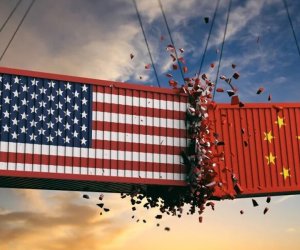
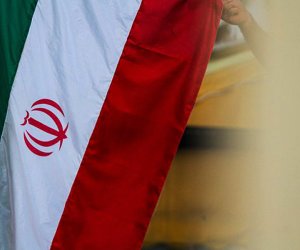
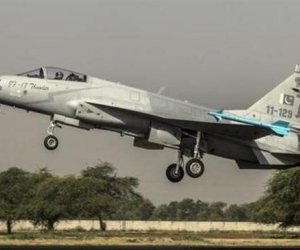

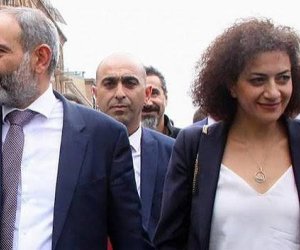

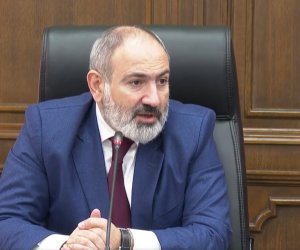


 Photo
Photo 



 Video
Video 

